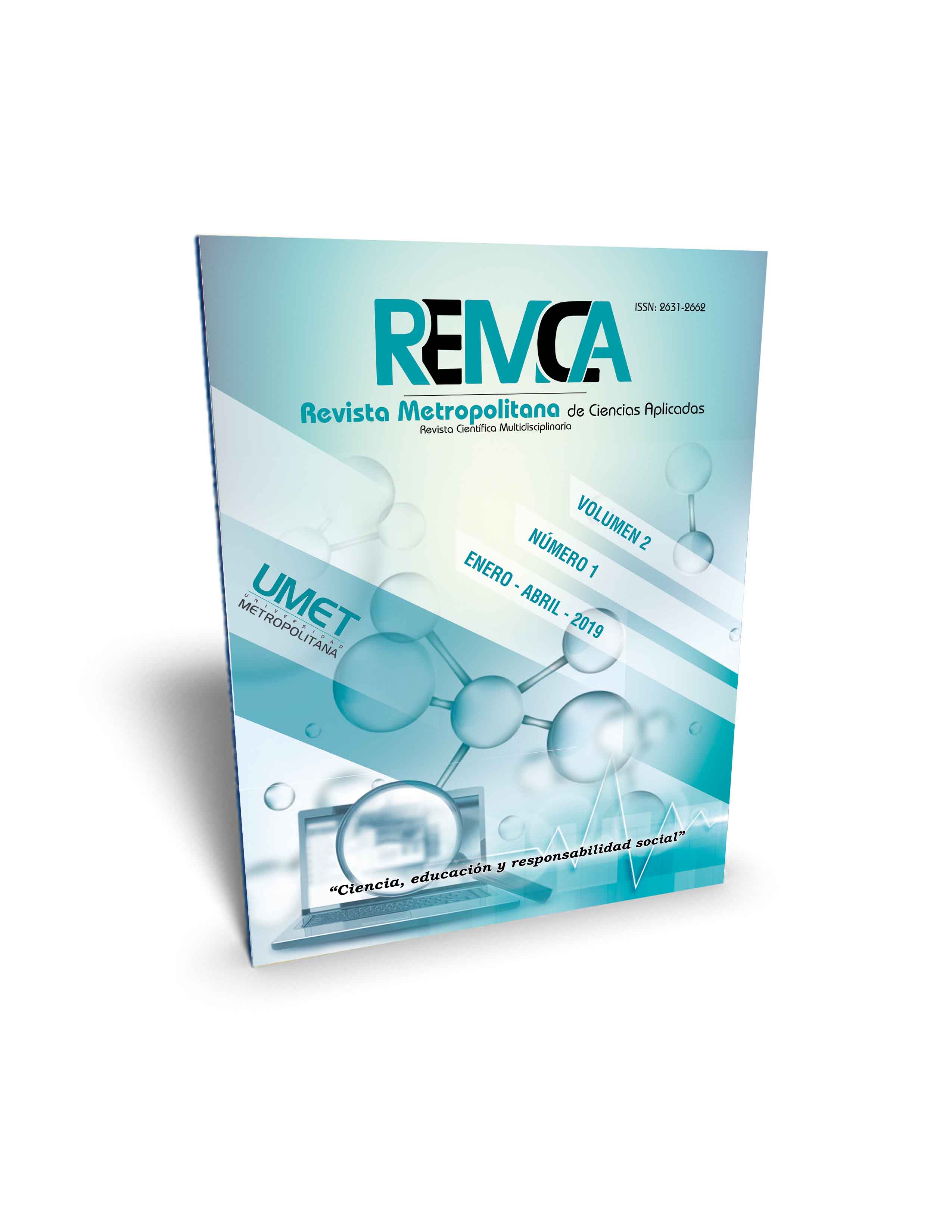Learning and teaching experiences in multicultural and multilinguistic contexts
DOI:
https://doi.org/10.62452/nrzb5e35Keywords:
Multicultural, multilinguialism, teaching and learning foreign languages, experience, learning contexts, comparative analysisAbstract
The paper entitled Experiences on foreign languages learning and teaching in multicultural and multilinguistic contexts comprises the author reflections about her experience as foreign language learner first, and as a teacher of them in both monolingual and multicultural and multilingual contexts afterwards. The author based her research on the historical logical method within the Education Comparative method to analyze the object of the study and support her proposition, based on theoretical points of view to establish her viewpoints regarding the advantages and disadvantages of studying and teaching foreign languages both in the sociocultural environment of the target language, and in contexts that are detached from the culture of the language been learned and taught. The objective of this analysis is to make a call to support language learning projects in contexts that are proper of the target language, under such modalities that can interest educative institutions in favor of the internationalization of multicultural and multilinguistic programs.
Downloads
References
Arocena, E., et. al. (2015) Teachers’ beliefs in multilingual education in the Basque country and in Friesland Journal of Immersion and Content-Based Language Education. Retrieved from https://culturacientifica.com/2017/12/08/la-ensenanza-multilingue-las-lenguas
Byram M. (1997). Developing the Intercultural Dimension in Language Teaching. A Practical Introduction for Teachers. Bella GRIBKOVA and Hugh STARKEY. Retrieved from http://lrc.cornell.edu/rs/roms/507sp/ExtraReadings/Section0/uploads/File1235272745204/InterculturalDimensionByram.pdf
Krashen, S. (1985). The imput hypothesis: Issues and implications”. California: Laredo Publishing Co.
Krashen, S. (1987). Principles and Practice in Second Language Acquisition. Hertforshire: Prentice Hall International.
Quicios, M. P.. (2006). Multiculturalidad e interculturalidad. En Estrategias de formación en el siglo XXI: life long learning. In, E., López-Barajas Zayas. (415-432). Barcelona: Ariel.
Schumann, J. H. (1978). The Pidgination Process: A Model for Second Language Acquisition. Rowley: Newbury House.
Downloads
Published
Issue
Section
License
Copyright (c) 2019 Maritza Arcia Chávez (Autor/a)

This work is licensed under a Creative Commons Attribution-NonCommercial-ShareAlike 4.0 International License.
Authors who publish in Revista Metropolitana de Ciencias Aplicadas (REMCA), agree to the following terms:
1. Copyright
Authors retain unrestricted copyright to their work. Authors grant the journal the right of first publication. To this end, they assign the journal non-exclusive exploitation rights (reproduction, distribution, public communication, and transformation). Authors may enter into additional agreements for the non-exclusive distribution of the version of the work published in the journal, provided that acknowledgment of its initial publication in this journal is given.
© The authors.
2. License
The articles are published in the journal under the Creative Commons Attribution-NonCommercial-ShareAlike 4.0 International License (CC BY-NC-SA 4.0). The terms can be found at: https://creativecommons.org/licenses/by-nc-sa/4.0/deed.en
This license allows:
- Sharing: Copying and redistributing the material in any medium or format.
- Adapting: Remixing, transforming, and building upon the material.
Under the following terms:
- Attribution: You must give appropriate credit, provide a link to the license, and indicate if any changes were made. You may do this in any reasonable manner, but not in any way that suggests the licensor endorses or sponsors your use.
- NonCommercial: You may not use the material for commercial purposes.
- ShareAlike: If you remix, transform, or build upon the material, you must distribute your creation under the same license as the original work.
There are no additional restrictions. You may not apply legal terms or technological measures that legally restrict others from doing anything the license permits.




